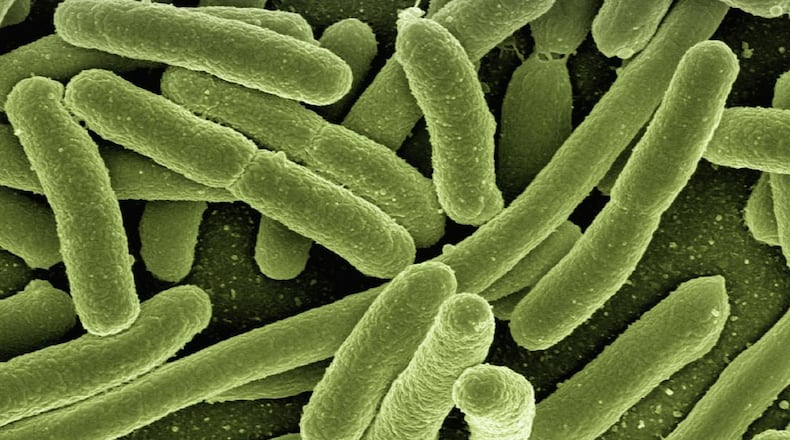Hand sanitizers are generally a great way to keep germs at bay, but they are becoming less effective, according to a new report.
While the disinfectants have helped battle staph infections and some drug-related bacteria in patients, Australian doctors have noticed a rise in hospital-acquired infections of enterococcus faecium, a bacteria that can affect the digestive tract, bladder, and heart.
That's why researchers from health institutions in Australia recently conducted a study, published in Science Translational Medicine, to determine the potency of alcohol-based hand sanitizers.
To do so, they analyzed 139 bacterial samples from two hospitals, which were collected over 19 years. They assessed how long the samples survived after being exposed to diluted isopropyl alcohol.
"We started testing to see whether they had any tolerance to alcohol, and sure enough, the new isolates were more tolerant to alcohol exposure than the older isolates," lead author Tim Stinear said in a statement.
They found isolates gathered after 2009 were more tolerant to alcohol-based sanitizers than bacteria taken before 2004. In fact, they discovered enterococcus faecium strains that have emerged since 2010 have become 10 times more tolerant to alcohol-based hand rubs than older strains.
“Anywhere we repeat a procedure over and over and over again, whether it’s in a hospital or at home or anywhere else, you’re giving bacteria an opportunity to adapt, because that’s what they do, they mutate,” Stinear explained. “The ones that survive the new environment better then go on to thrive.”
Despite their findings, the analysts noted alcohol-based hand sanitizers and other clinical settings should still be used.
"This isn't the end of hospital hand hygiene, that's been one of the most effective infection control procedures that we've introduced worldwide," Stinear said. "But we can't rely solely on alcohol-based disinfectants and for some bacteria, like VRE, we're going to need additional procedures and policies in place."
About the Author
Keep Reading
The Latest
Featured


